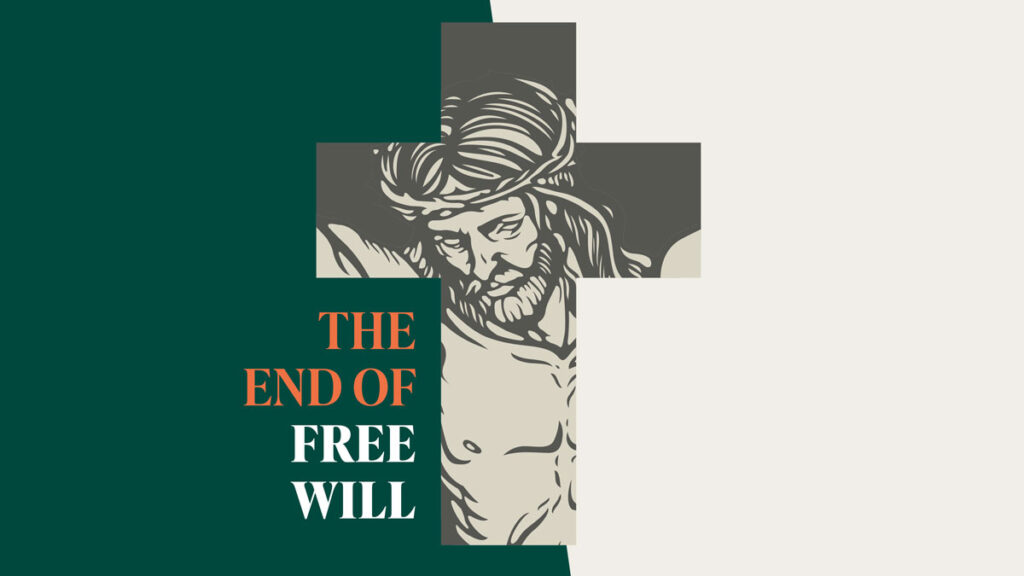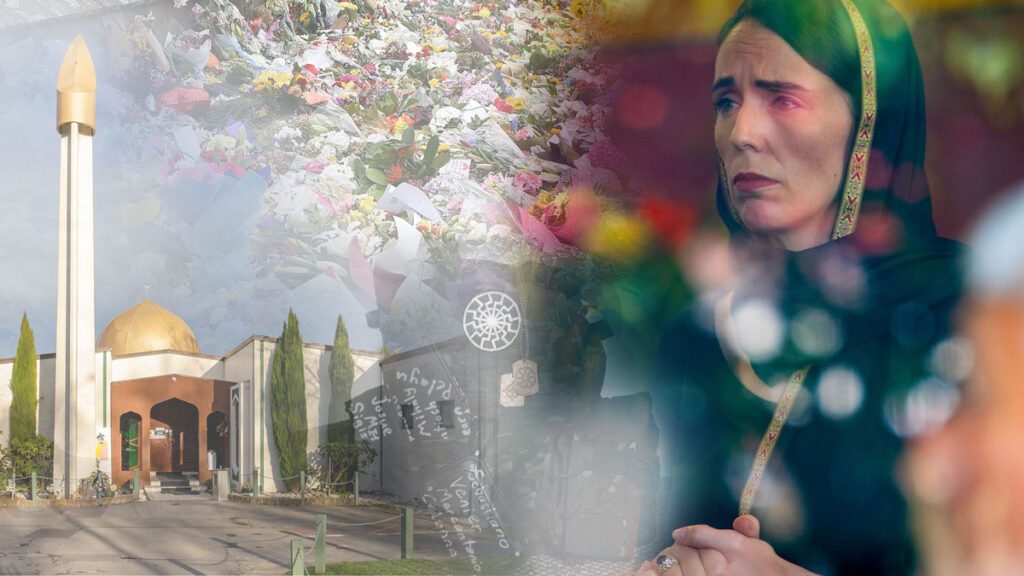The nature of humanity
Man and woman were made in the image of God with individuality, the power and freedom to think and to do. Though created free beings, each is an indivisible unity of body, mind and spirit, dependent upon God for life and breath and all else. When our first parents disobeyed God, they denied their dependence upon Him and fell from their high position. The image of God in them was marred and they became subject to death. Their descendants share this fallen nature and its consequences. They are born with weaknesses and tendencies to evil. But God in Christ reconciled the world to Himself and by His Spirit restores in penitent mortals the image of their Maker. Created for the glory of God, they are called to love Him and one another, and to care for their environment. (Genesis 1:26-28; 2:7, 15; 3; Psalms 8:4-8; 51:5, 10; 58:3; Jeremiah 17:9; Acts 17:24-28; Romans 5:12-17; 2 Corinthians 5:19, 20; Ephesians 2:3; 1 Thessalonians 5:23; 1 John 3:4; 4:7, 8, 11, 20.)
Have you ever failed someone you love? Wondered why it’s so hard to keep your promises?
We have all experienced this at one point or another. We long to do what we know is right, and yet so often do the exact opposite!
We hurt the people who we care about the most, reinforce our own insecurities by failed promises and, in so doing, consolidate the cycle of brokenness that was passed on to us.
Is this what it means to be human? Because if it is, then it’s a pretty dreary outlook. Or is the longing of our souls to do the right thing a fairer indication of what it means to be human?
The craving
Faithfulness. The receding mirage that attracts us, yet eludes us, sometimes our entire lives. It’s what we long for. It’s why we engage in relationships, start families, become friends and even, believe it or not, go to work. It’s the fundamental longing of every human heart.
In the biblical book of Proverbs, the wise man makes a profound observation about human nature. He says, “what is desired in a man is steadfast love, and a poor man is better than a liar” (Proverbs 19:22 ESV).
The idea in this proverb is, of course, that fidelity is far more valuable, and even “desirable”, than riches. It’s true that you can in fact be very well off, and yet be a total jerk. Solomon says that it’s also true that we can be the poorest person in the world, and yet, if we are true to our word, an invaluable asset to any man.
Fidelity. This is your craving and mine. Faithfulness. Integrity. Love!
The problem
So what’s the problem with us? Why is it that what we all long for somehow manages to elude us?
To thoroughly understand the answer to this question would take more space than we have available here. However, if you read the book of Genesis and pay attention to the overarching themes it introduces, you will discover the story the Bible is consistently telling is something like this: a story of a deception about God’s character, leading to a misconception of His nature, causing us to doubt His word and mistrust His heart. Through that deception humanity (as a whole) finds itself buying into a different picture of God. We align our lives with that faulty picture.
Our choices simply reflect our heart; and if our heart is distrusting, we will naturally become self-dependent, self-willed and self-absorbed. From Adam and Eve, down through all of the biblical story, and even throughout our own stories, this is exactly what we see. Human nature—bent on seeing things our way, believing things our way and doing things our way. We are insecure, and through our insecurity we hurt other people, deepening their insecurities and strengthening our brokenness.
As we think through the course of our own lives we may feel like this situation is kind of hopeless. The cycle continues from generation to generation, repeating itself constantly in our own life experiences, feeling impossible to break out of.
If you’re a Christian reading this, you probably think you know the answer to the problem; and it could be that you do. If you’re not, it’s quite likely that you already know what a Christian would say is the solution. The gospel—right?
The gospel solution
Then what is this sometimes mysterious antidote—the gospel? I can almost hear someone saying: “the death, burial and resurrection of Jesus. Duh!”
That’s a good answer, a great answer, even a biblical answer. But . . . it’s only a useful answer if we understand the context—the big picture story of the Bible.
Sometimes we oversimplify things. In and of itself that’s not a bad thing, but today let’s tease out this concept of the gospel a little more than that definition does.
The gospel—the good news, the glad tidings, the message of peace and goodwill—is this: that God is exactly the kind of person He says He is. The “everlasting gospel” is the always-good news that God is who He is!
Now obviously that is demonstrated by the death, burial and resurrection of Jesus; but those things are only “good news” when given a context of conflict (and this happens to be your context and mine). We happen to be in a conflict with the God of the universe. And this, I would like to suggest to you, makes the gospel particularly good news to us today, given our nature and the context of the conflicting principles that wage war in our heads.
Think about it for a minute. Humanity craves faithfulness. Ever since Adam and Eve were first deceived we have all been operating under the subconscious assumption that God is not faithful. God, in response, cannot coerce us into believing that He is faithful. That would not help at all. Instead, He has to prove it to be true by means of demonstration. There’s no other way. And what better way to convince us that He can indeed be trusted, than to voluntarily lay down His life as payment for all the pain that we have inflicted upon ourselves and others? In Jesus, we see the faithfulness of God. Faithfulness that every single one of us craves, demonstrated for all the universe to see. [pullquote]
Two contrasting natures
Human nature is to distrust, to break trust, to defend self and to hurt anyone who presents as a threat to me, myself and I.
God’s nature (as demonstrated in Jesus) is to believe in us, to keep trust, to sacrifice self and to absorb our pain into Himself so that we might be healed.
C S Lewis once observed, “Creatures are not born with desires unless satisfaction for those desires exists.”
You and I desire faithfulness. We desire integrity, love and true friendship. God is those things. He is the satisfaction of all our desires.
All that remains is for us to both believe the truth about God, allowing this to awaken dependence and trust in our hearts, and to choose to identify with His nature (in place of our own), allowing self-sacrifice and faithfulness into our lives.
Do you realise it’s entirely possible to be exactly the kind of person you crave to be? But the challenge today is not so much about what we do. The challenge is about how we perceive God. To believe He is absolutely trustworthy to the point where it is a subconscious action for us to depend on Him. As we begin to perceive God as He really is, our hearts will become more and more sensitive to do right, and we will be more and more able to trust Him, and have this total dependence. Then, and only then, have we discovered what it really means to be human.
This is the single biggest secret in our world today—a truth that is revealed in our very own dissatisfied nature.

David Brown: child of God; student of His heart; one of the voices at
www.austabletalk.com.au.






